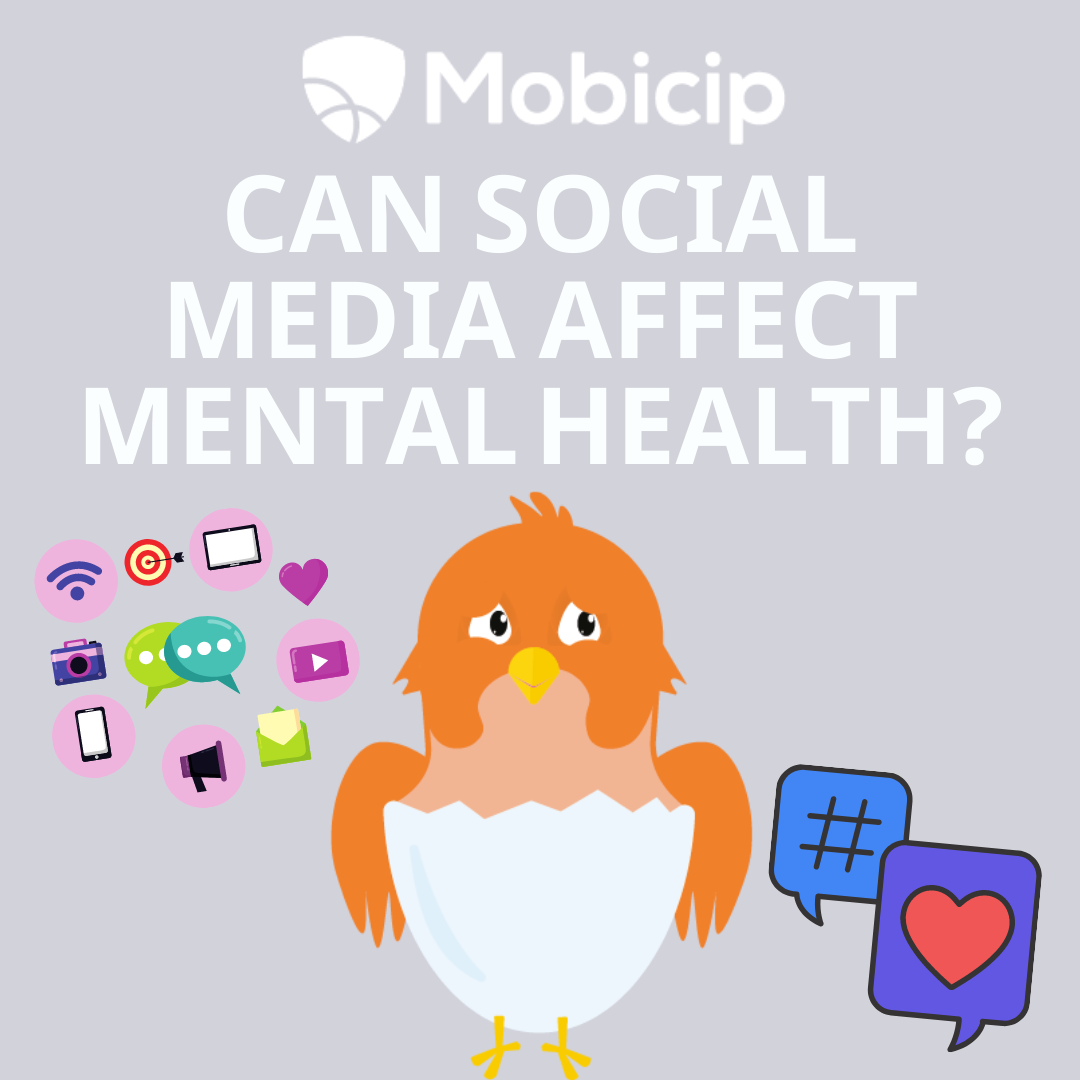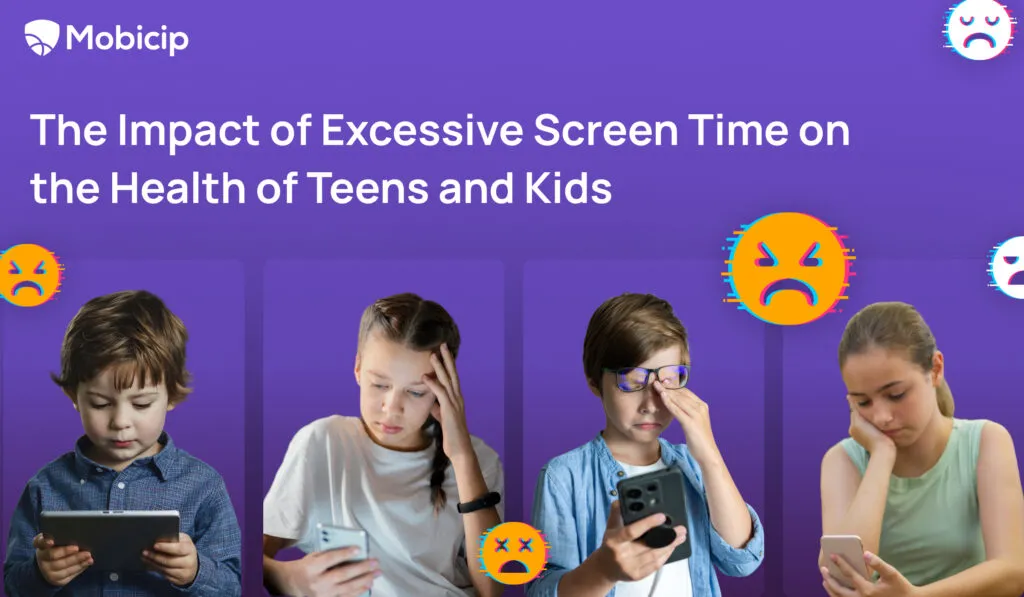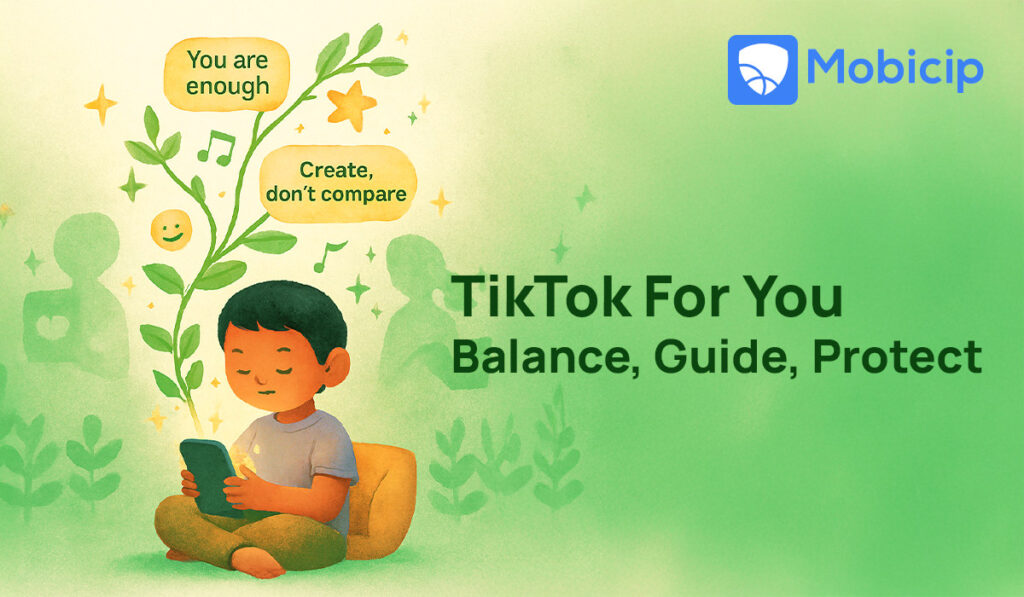Impact of Social Media Filters on Teen Mental Health

Social media such as Instagram, Snapchat, Facebook, Tik Tok, etc has become one of the most known and used forms of technology today – especially among the Gen Z kids. With its impressive and quick increase of popularity, a new form of celebrities have come to life: Social media influencers. These influencers have become the face of many social media apps such as Instagram and have also quickly become the beauty standard set for users. But what mental health effects do these new beauty standards on social media have on girls and young women? Has this social media boom been a positive thing for young users? Are teens more at risk of experiencing mental illness and anxiety if they use social media? Are eating disorders prevalent because of social media influence on body image?
The Growth of Social Media Filters
In 2015, the social media app Snapchat first changed the concert of pictures and beauty standards with the release of beauty filters. These social media filters often alter one's look through added makeup or fun effects and they’re very popular among users. This popularity was so great that the use of beauty filters were quickly introduced among other social media apps such as Instagram, Facebook, and most recently Tik Tok. These face filters are changing the way young girls see themselves. More young people, especially teenage girls are using filters that 'beautify' their appearance, by sharpening, enhancing and coloring their faces and bodies. These augmented reality face filters have become a commonplace across social media. Though these filters may just seem like some online fun for users to play with, they can actually be somewhat harmful and cause negative thinking for self perception and body image, says the Child Mind Institute.
Psychology Today says that many physicians who work in cosmetics are witnessing that photo-editing and filters have caused a shift and driven many to redesign themselves. Plastic surgeon Tijion Esho named this shift “Snapchat Dysmorphia,” and the term took off when JAMA Plastic Facial Surgery declared that selfies and photo-editing had instilled new beauty standards. The over usage of these social media filters can lead to an obsession with self image and desire to change one's perceptions which can be detrimental to teens’ mental health.

A portrait of Elle Hunt, taken in natural light on a digital camera; a selfie, taken on an iPhone without a filter; a selfie, with a Snapchat filter. Photograph: Linda Nylind/Elle Hunt
Help Your Teens Manage the Effects of Social Media
-
Encourage body positivity among teens
-
In an environment that profits off promoting the idea of unattainable looks, it’s important for parents to promote positivity and feeling comfortable in one’s own body image. The teen years are difficult as is and have become 10x harder dealing with depression and anxiety along with the influence of social media, so let’s be proactive by creating an environment which teaches the young person to be comfortable as themselves and not fall prey to social media's influence.
-
-
Helps teens to build better digital habits
-
With a software like Mobicip, parents can take the digitally active approach and help teens become aware of the influence social media has. It’s important to sit down and talk to your teens about the dangers of social media such as self-esteem influence when they start using social media apps. Mobicip allows parents to set daily limits on social media usage. One study shows that teenage girls who cut the social media use by half for just a few weeks reported significantly improved mental health.
-
-
Monitor what apps teens are using
-
It’s important to stay updated and “trendy” when trying to appeal to the emotions of your teen. With the new Mobicip Monitor feature, you can receive real-time alerts on dangerous interactions and unhealthy behavior during social media usage to help prevent self-esteem issues.
-
-
Don’t be afraid to reach out
-
Navigating parenting in this new digital world can be difficult sometimes, so it’s important to find ways to make digital parenting simplified! Mobicip offers parents the opportunity to reach out and receive parenting advice on how to deal with situations such as what to do if social media filters become a bit troubling to their teen's mental health.
-
Be Understanding
As much as we want to help our teens, it’s important that we still let them explore the internet and experience the world on their own. It’s important to listen to your teen when they come to you with any problems they're having or with any concerns. Similarly, it’s important to look out for problems yourself by using software such as Mobicip which can provide parents with various features that help keep your child safe on social media!




